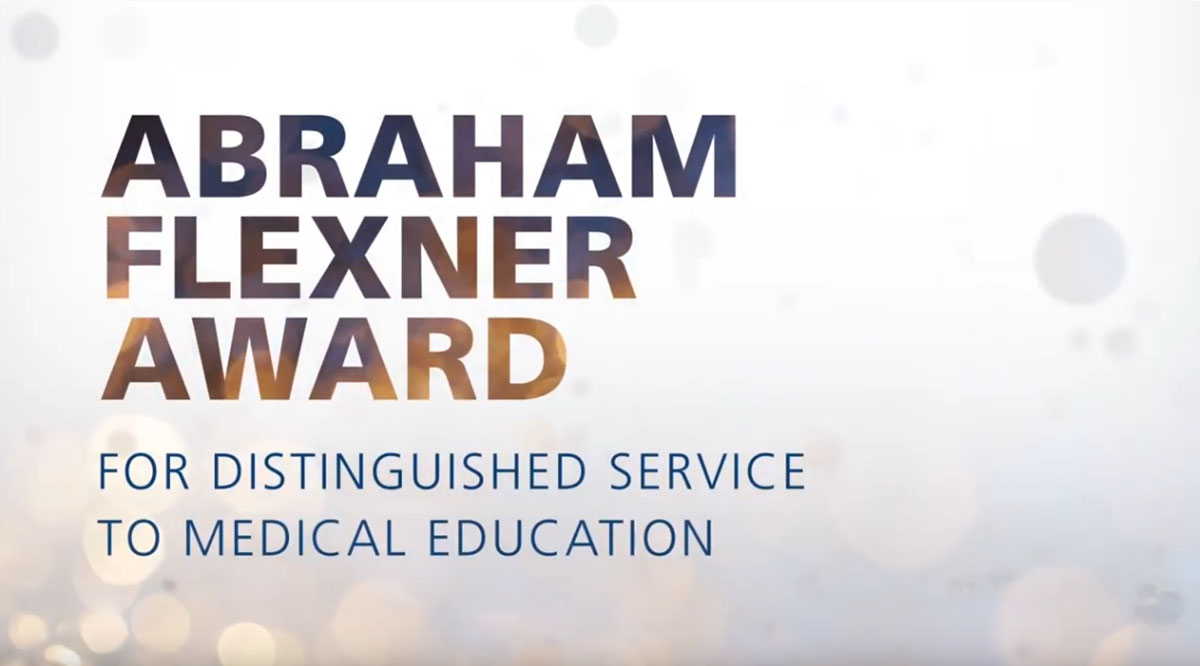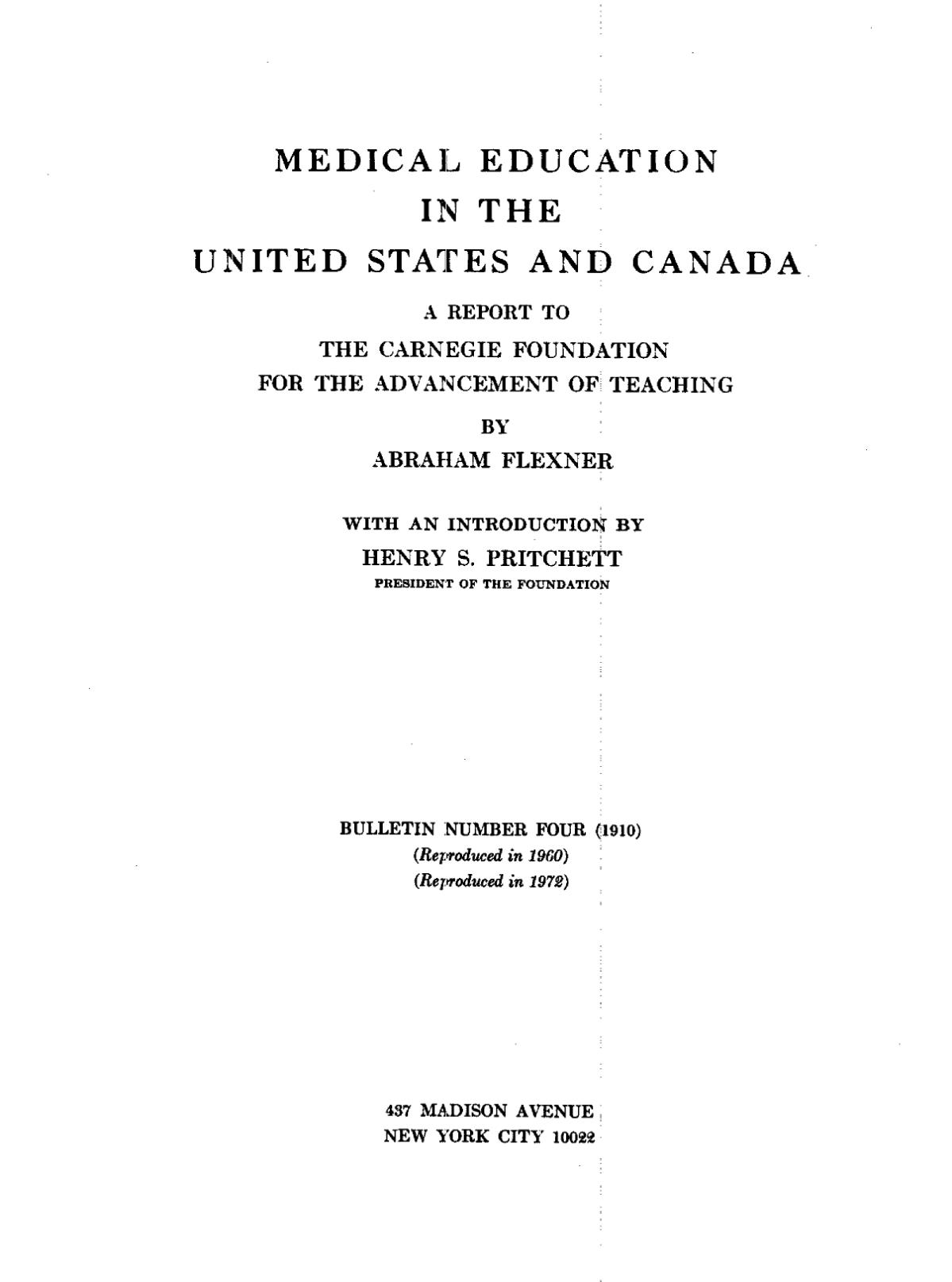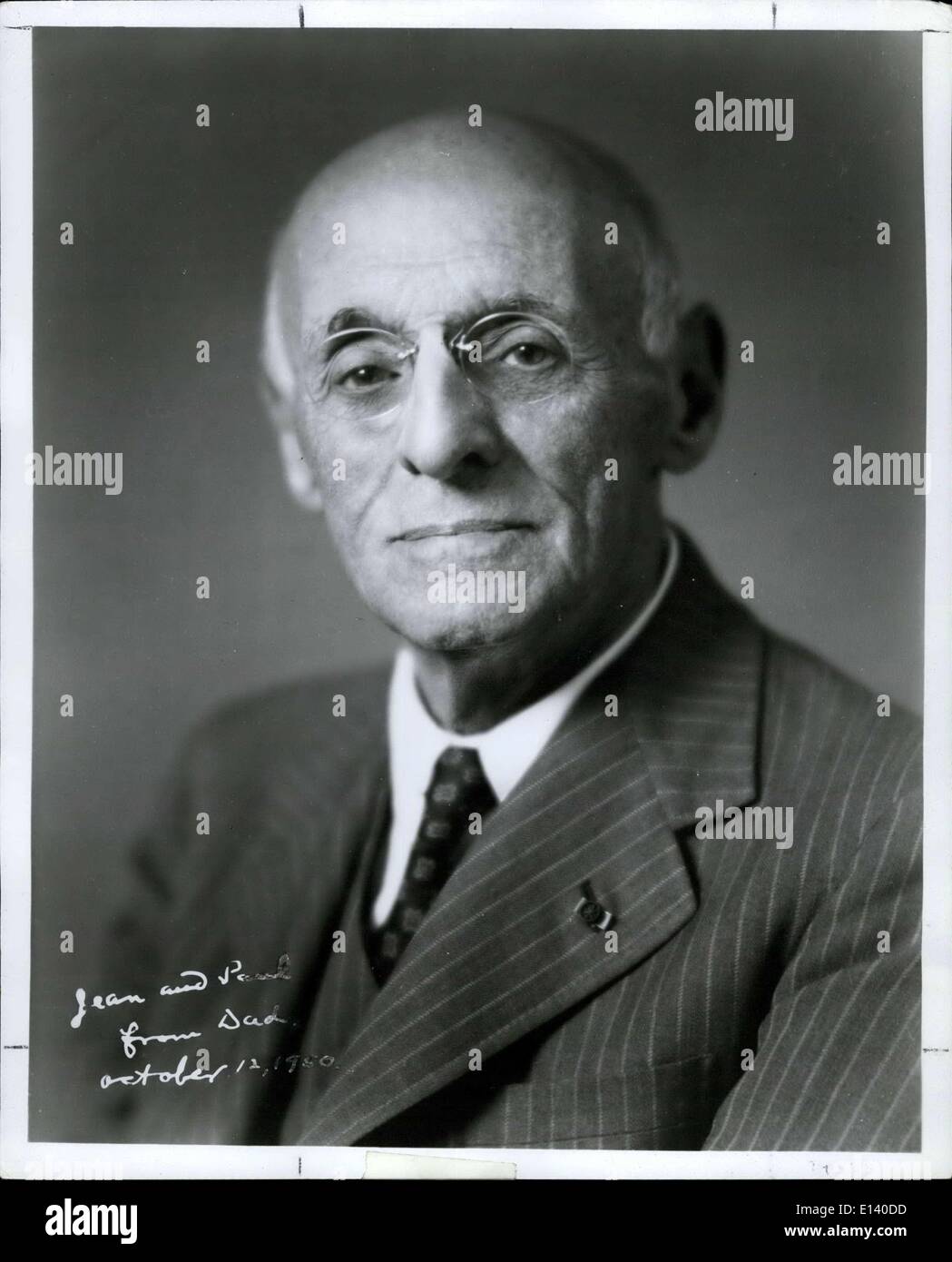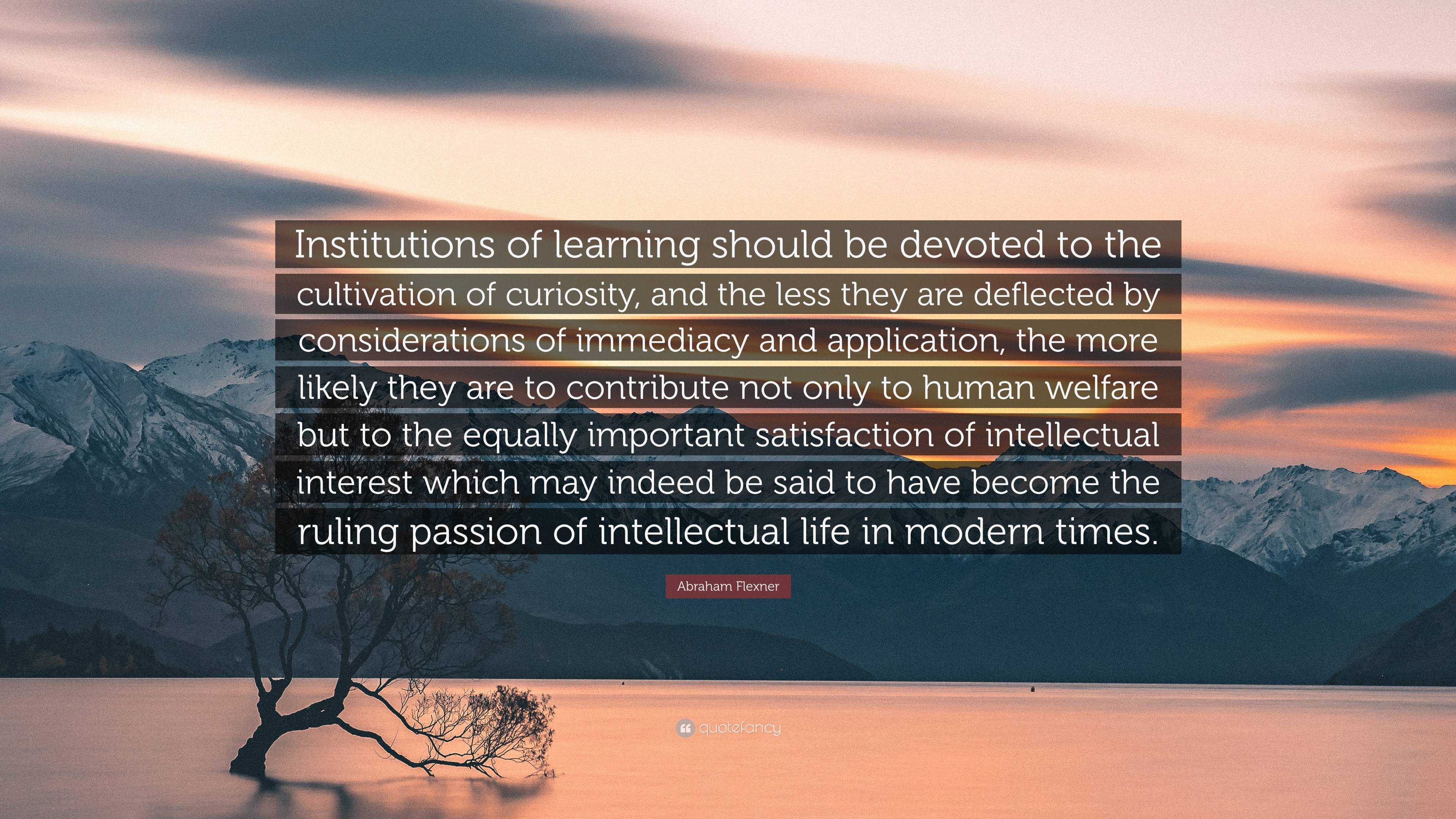
Have you ever paused to consider the individuals who have significantly influenced the landscape of modern medical education in the United States? One name that stands out prominently in this context is **Abraham Flexner**. His contributions to educational reform and innovation have left an indelible mark on the way medical training is approached today. In this article, we will explore the life of Abraham Flexner, delving into his pioneering efforts that transformed medical education during a pivotal time in history. We will examine the principles he championed, the challenges he faced, and the enduring legacy of his work that continues to shape the standards and practices of medical training in the United States and beyond. Join us as we uncover the remarkable story of a visionary who dedicated his life to improving the quality of medical education for future generations.
Early Life and Education

Who Was Abraham Flexner?
Abraham Flexner, born on November 13, 1866, in Louisville, Kentucky, emerged as a prominent figure in the realm of education and reform. Growing up in a Jewish household, he was instilled with a strong value for learning and intellectual inquiry. Flexner’s academic journey began at the Louisville Male High School, where he demonstrated exceptional promise. He later attended Johns Hopkins University, where he pursued a degree in philosophy. This foundation not only shaped his intellectual pursuits but also influenced his innovative ideas about education and its role in society.
The Start of His Career
Flexner’s professional journey commenced as a teacher, where he quickly recognized the limitations of traditional educational methods. In response, he established a progressive college-preparatory school in Louisville, which operated from 1890 to 1904. This institution was notable for its forward-thinking approach, emphasizing critical thinking and experiential learning over rote memorization. Flexner’s innovative teaching methods and commitment to educational reform laid the groundwork for his future contributions to higher education, ultimately leading him to become a key figure in the transformation of medical education in the United States.
The Flexner Report: A Turning Point in Medical Education

What Sparked the Flexner Report?
In the year 1908, a pivotal moment in the history of medical education occurred when Abraham Flexner published a thought-provoking critique of American colleges, which he titled The American College: A Criticism. This influential work garnered significant attention from the Carnegie Foundation, an organization dedicated to improving education in the United States. As a result of Flexner’s compelling arguments and insights, the foundation commissioned him to conduct a comprehensive survey aimed at evaluating the quality and standards of medical colleges throughout the United States and Canada. This initiative set the stage for a transformative examination of medical education.
The Impact of the Flexner Report
When the Flexner Report was published in 1910, it marked a revolutionary turning point in the landscape of medical education. The report meticulously assessed a total of 155 medical colleges and underscored the urgent need for implementing rigorous standards in medical training. The findings presented in the report were nothing short of alarming; many institutions were found to be lacking in quality and effectiveness, which ultimately led to the closure of several colleges and prompted significant reforms across the medical education system.
Key Findings of the Flexner Report
| Finding | Impact |
|---|---|
| Inadequate Training | Numerous colleges were identified as lacking essential facilities and qualified faculty members, which compromised the quality of education. |
| Curriculum Revisions | In response to the report, many institutions undertook extensive overhauls of their curricula to align with the newly established higher standards. |
| Focus on Research | The report shifted the emphasis of medical education towards scientific research and clinical practice, fostering a more evidence-based approach to medicine. |
Flexner’s Role in the Rockefeller Foundation

Secretary to the General Education Board
Between the years of 1913 and 1928, Abraham Flexner held the esteemed position of secretary for the General Education Board of the Rockefeller Foundation. During this pivotal period, he was a driving force behind the allocation of more than half a billion dollars aimed at the enhancement of medical education throughout the United States. Flexner’s leadership and vision were crucial in transforming the landscape of medical training, ensuring that it met the evolving needs of society and the healthcare system.
Funding and Reforms
Flexner’s initiatives were not only about providing financial support; they were also focused on implementing significant reforms within the medical education sector. His tireless efforts led to the establishment of numerous new medical schools while simultaneously improving the quality and standards of existing institutions. By advocating for rigorous academic programs and practical training, Flexner ensured that medical education became both accessible to aspiring doctors and of the highest caliber, ultimately benefiting the health and well-being of the nation as a whole.
Founding the Institute for Advanced Study

A Dream Realized
In 1930, Flexner founded the Institute for Advanced Study in Princeton, New Jersey. This was his vision of a model center for higher learning, where scholars could pursue knowledge without the constraints of traditional academic structures.
Gathering Great Minds
As the first director of the institute from 1930 to 1939, Flexner attracted some of the world’s most distinguished scientists, including the legendary Albert Einstein, who joined the institute in 1933. This collaboration fostered groundbreaking research and innovation.
Legacy of Abraham Flexner

Lasting Impact on Medical Education
Flexner’s influence on medical education is still felt today. His insistence on high standards and scientific rigor transformed how medical schools operate. The Flexner Report is often cited as a foundational document in the field of medical education.
Recognition and Honors
Throughout his life, Flexner received numerous accolades for his contributions to education. His work has inspired generations of educators and reformers, making him a pivotal figure in the history of American education.

Abraham Flexner was more than just an educator; he was a reformer who dared to challenge the status quo. His relentless pursuit of excellence in medical education has left an indelible mark on the field. As we reflect on his contributions, we are reminded of the importance of quality education in shaping the future of society.
So, the next time you think about medical education, remember the name Abraham Flexner. His legacy continues to inspire and guide us toward a brighter, more educated future.

